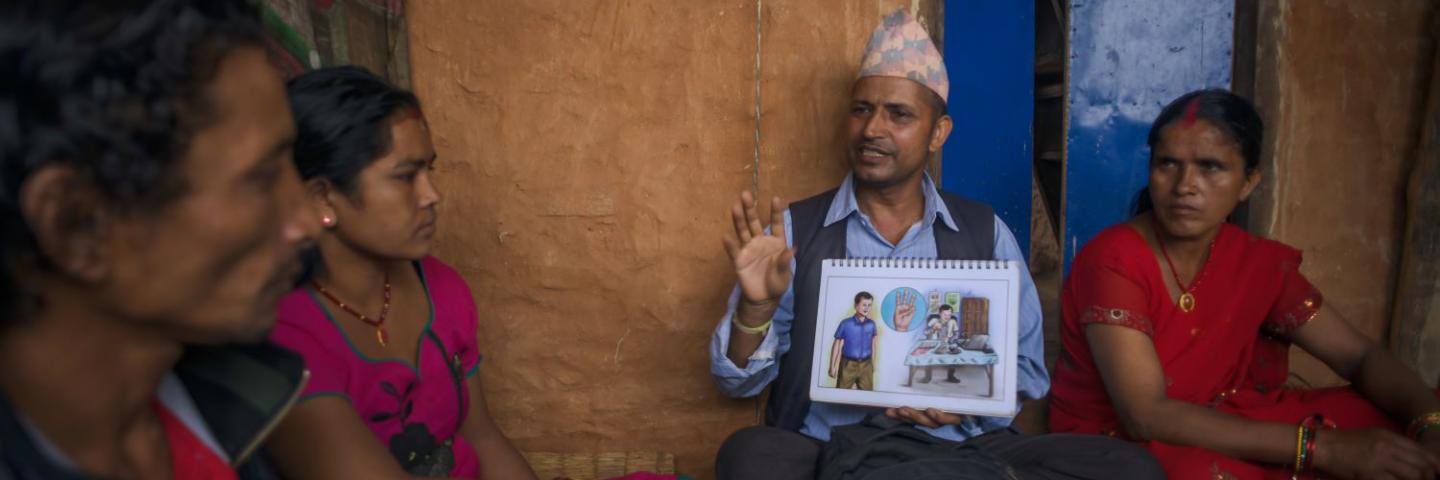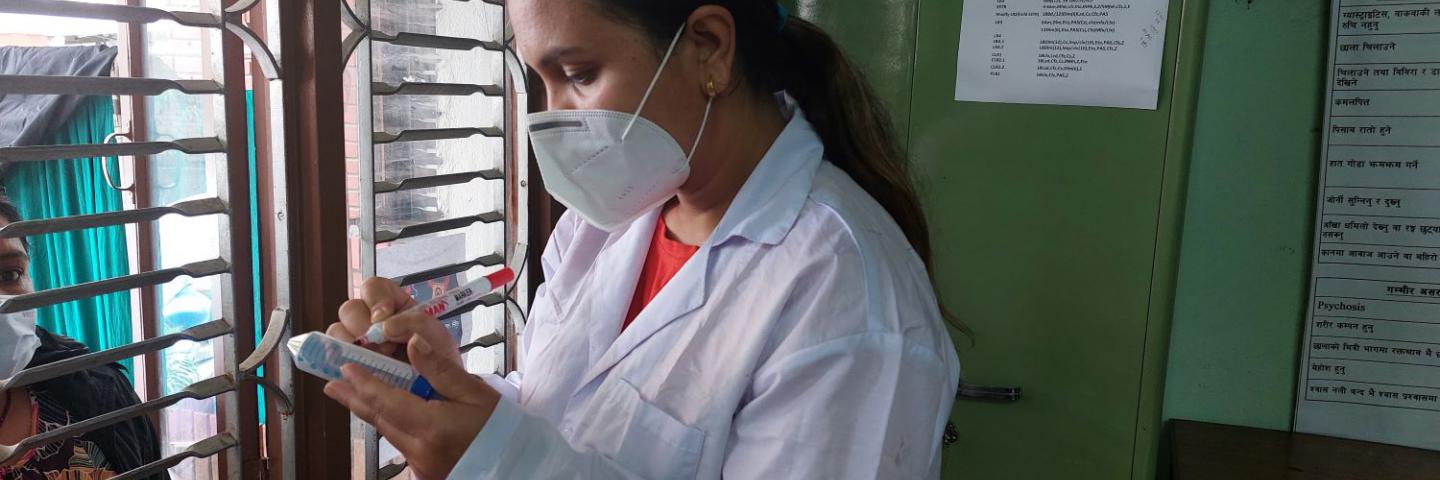

The Global Fund programs work across different countries to strengthen their response to end HIV, TB and Malaria. This program collaborates with the world leaders, communities, civil society, health workers and private sector for a movement to defeat HIV, TB and Malaria to ensure a healthier, safer, more equitable future for all.
In Nepal, the Global Fund implements the programs through Save the Children International as the Principal Recipient (PR) of the grant and manages HIV, TB and Malaria grants in Nepal. These programs are implemented throughout Nepal in close collaboration with the government entities of the Ministry of Health and Population (MoHP), namely, National Centre for AIDS & STD Control (NCASC), National Tuberculosis Control Centre (NTCC) and Epidemiology & Disease Control Division (EDCD). Currently Nepal is implementing the New Funding Model (NFM) 3 grant cycle for the period 16 March 2021 till 31 July 2024.
Activities:
Activities:
Activities:

C19RM project is an addendum of the existing Global fund grant, and hence the activities are complementary. The grant was awarded to mitigate the impact of COVID-19 on effective implementation of the existing programs of three entities (NCASC, EDCD and NTCC). Therefore, the same SRs are engaged in the implementation of the C19RM project in the same districts where they have been implementing the Global Fund project. The primary aim of this project is to mitigate the impact of COVID-19 on HIV, Malaria and TB programs along with community and health system strengthening. It aims to:
* We ensure protection of gender and human rights and COVID-19 safety during the implementation of all these activities.
Last Updated: May 2023